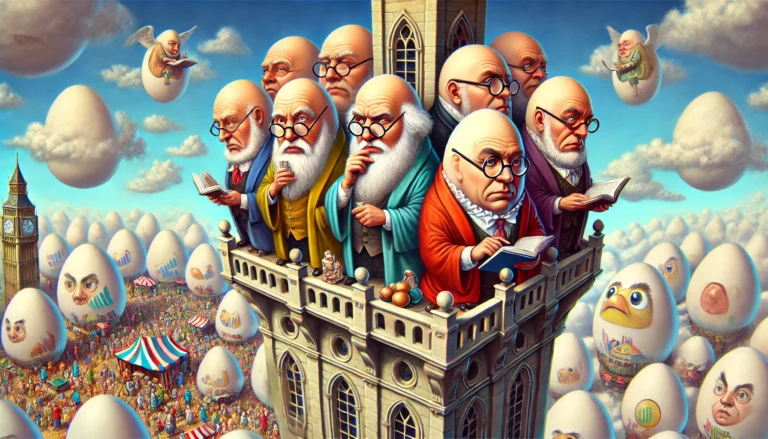Dear reader, it’s a three-act story that you may have seen in various forms before.
Act 1: Activists and TV talking heads declare that the economy is failing and economic conditions are dire, especially for those suffering the most.
Act 2: The economist blurts out that the economy is actually doing very well, citing all sorts of statistics as evidence, and perhaps throwing in some graphs for good measure.
Act 3: The aforementioned activist rolls his eyes and says this is why everyone hates these dumb economists. Of course, you could just put on a blindfold and look at what’s on the chart, but if you just came down from your ivory tower and talked to ordinary people, you’d realize how hard everyone is struggling to make a living. It will happen. Save your charts and graphs. I trust what the people on the ground are telling me.
To be fair to hypothetical activists, there are legitimate criticisms of inferring too much from aggregated economic statistics about people’s true well-being. Numbers that sound too good to be true may vastly overstate how many people’s lives have improved. Of course, these numbers may significantly underestimate the improvements in people’s lives. To me, it seems like the latter scenario applies much more often, but some may disagree.
On the other hand, there are good reasons to be skeptical about how “people on the ground” view the economy. To see an example of why, consider this rather impressive graph.
When asked how the economy was when Obama was president, Republicans gave it a very low rating, while Democrats gave it a very favorable rating. Then, when a Republican became president, Republican opinion suddenly skyrocketed, while Democratic opinion steadily declined. When the coronavirus pandemic upended the world, both parties plummeted in ratings, but while Republican public opinion quickly rebounded, Democratic public opinion remained at rock bottom. That is, until a Democrat was elected president, at which point Democratic public opinion immediately rose and Republican public opinion plummeted. And according to this article, these positions have already been reversed.
What about take-home? To say that we should measure the strength of the economy simply by going out and talking to people suggests that the answers people give are meant to reflect some kind of objective assessment of the state of the economy. It is assumed. However, as I have argued before, many people talk about politics as if they were political non-cognitivists. That is, their statements are not actually intended to assess facts about the objective state of the world; their statements are simply a means of expressing certain attitudes and loyalties. Democrats who spoke highly of the economy a few months ago and are now suddenly saying it’s in the doldrums are not trying to say that the state of the economy has fundamentally changed in a matter of weeks. They were just saying, “Long live Biden!” I’ve said before, “Boot lamp!” now.


